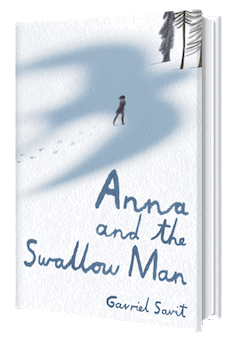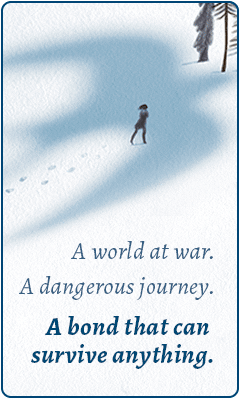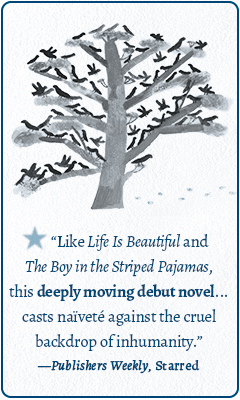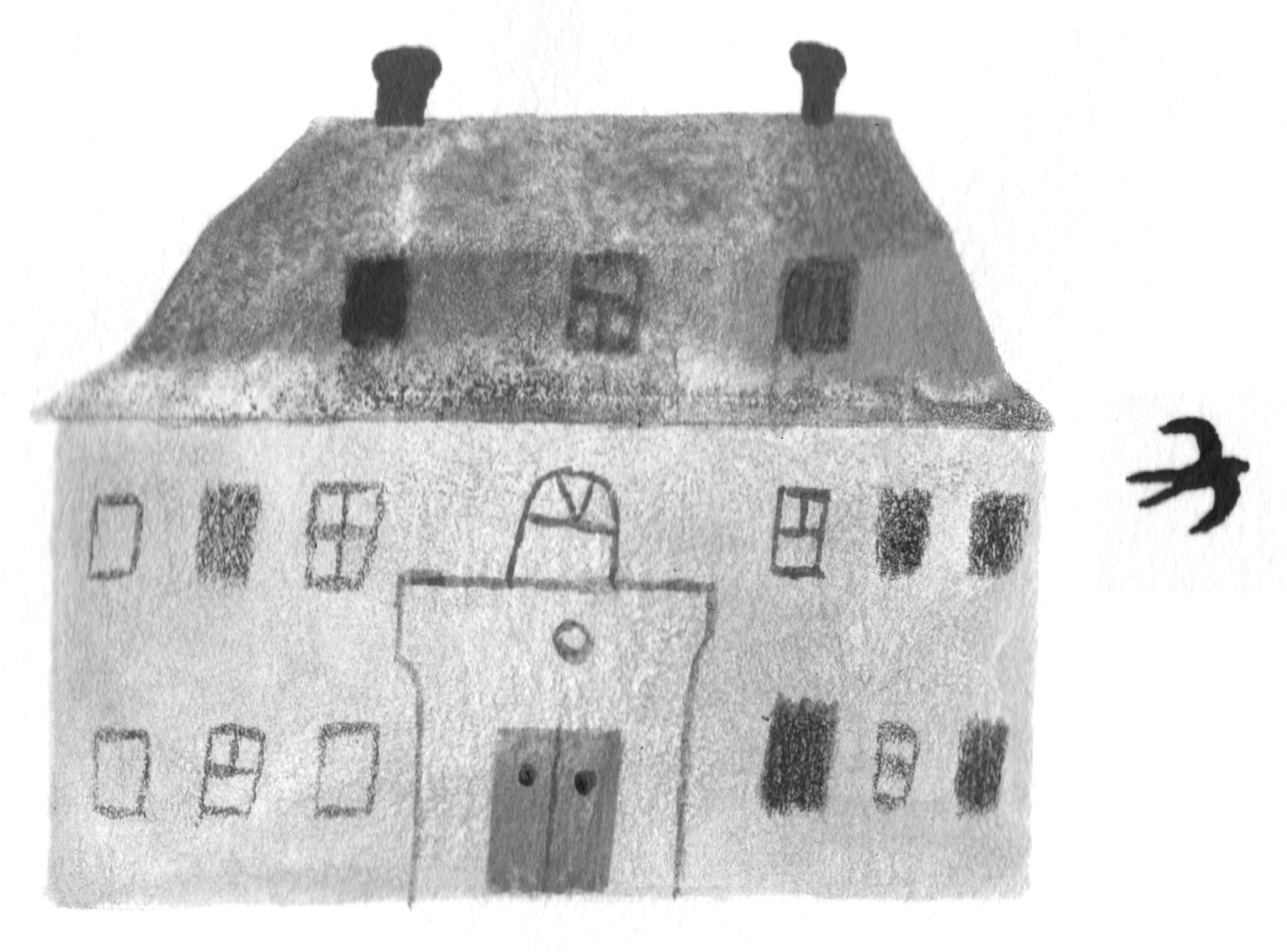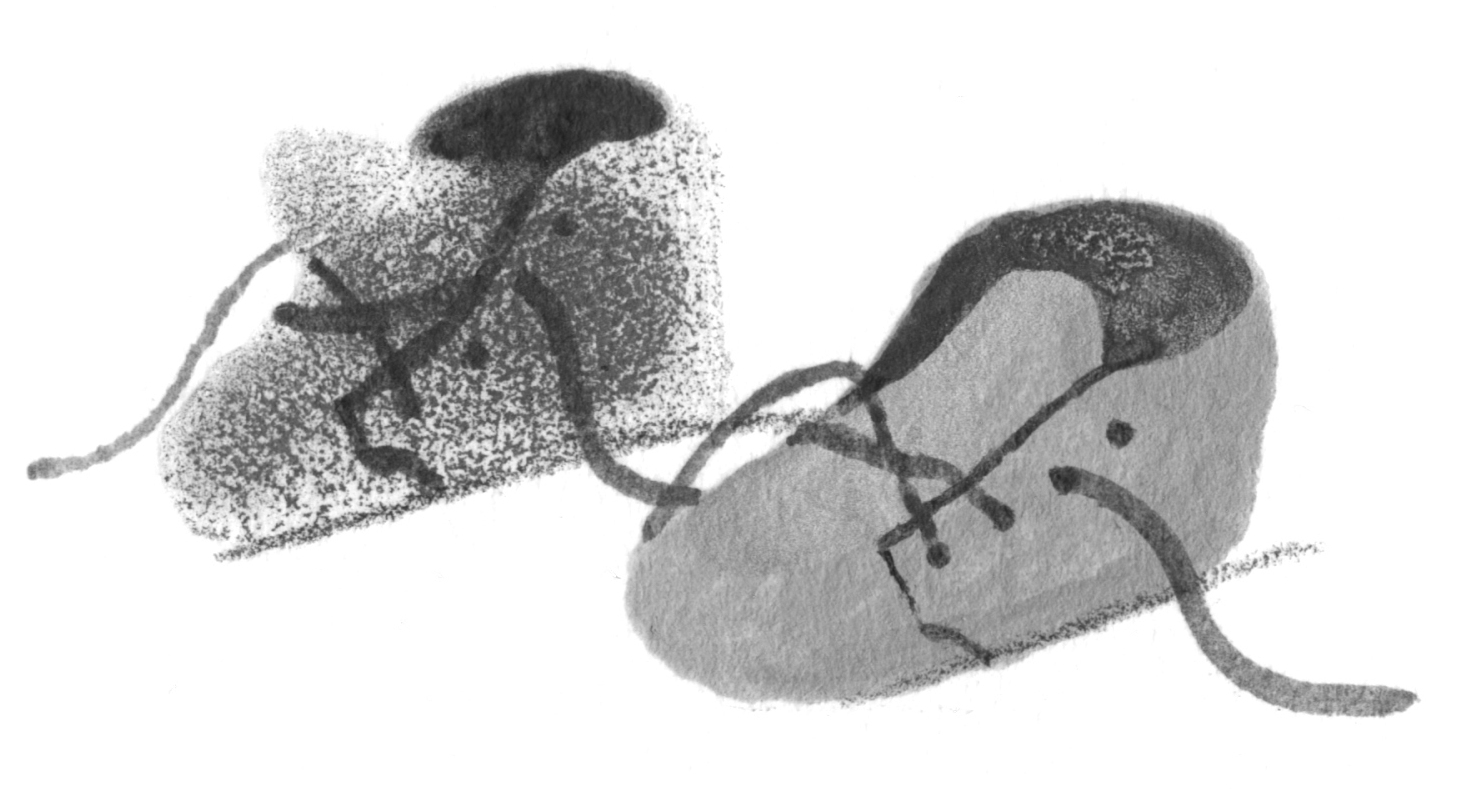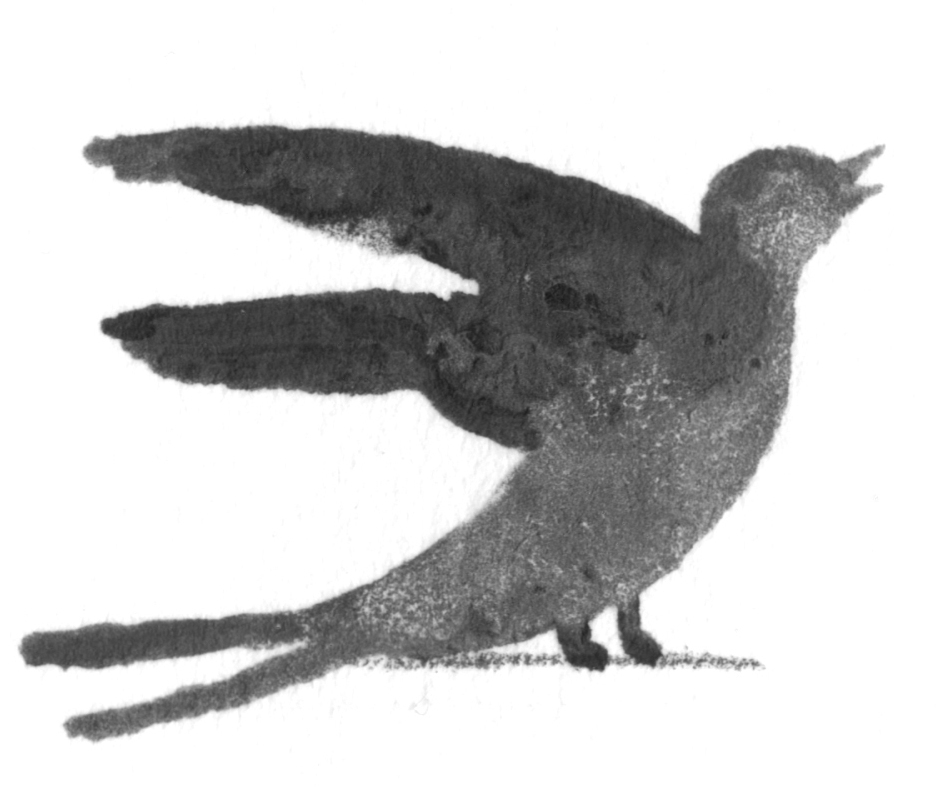Anna and the Swallow Man
by Gavriel Savit
Even the title of debut author Gavriel Savit's Anna and the Swallow Man sounds like a fairy tale, and from this mesmerizing novel's very first pages readers will know they are in the capable hands of a gifted storyteller.
The story opens in Kraków, Poland, in November 1939, when Anna Lania, a "tender, kind, good-hearted girl," is seven years old. Anna and her gregarious Papa are as thick as thieves, at home with many languages and with many friends, but "Of all people, she was certain that he liked talking to her best." A linguistics professor at the Jagiellonian University, her father taught his beloved daughter all the languages she knows--German, Russian, French, English and Yiddish, to name a few. He only wishes he could spare her the word war, "a heavy word in every language."
One day, Papa leaves her at Herr Docktor Fuchsmann's pharmacy, just for a few hours, he says. Anna is used to spending lots of time by herself or with other adults, so she doesn't think anything of it. It never even occurs to her that he may never come back. (Readers learn, but Anna never finds out, that her father was taken by Germans in Kraków's 1939 purge of intellectuals, imprisoned in a concentration camp, and eventually killed.)
Papa doesn't come back that evening, but Herr Doktor Fuchsmann won't take Anna home with him. The next morning, after she spends a chilly night under his pharmacy counter, he apologetically asks her to leave his shop. She waits outside the locked door of her father's apartment for hours, then goes back to the street where the pharmacy is, because she doesn't know where else to go. It's there on the cobblestone street that Anna meets a curious, "more than a little frightening" gentleman--a tall, bespectacled, "exceedingly thin" man in a three-piece brown wool suit--who seems to speak all the languages of the world, even bird. When he speaks a "chirping, bright whistle of a phrase up in the direction of the sky," a swallow dives straight to him, landing at his feet. Anna knows instinctively that she has found another person in her "rare tribe," and she decides then and there that he, the mysterious character she later names the "Swallow Man," will be her new guardian.
In the growing darkness, Anna and the Swallow Man walk out of Kraków--he in his city finest, she in her shiny red shoes and pretty red-and-white dress--on what will become a years-long, epic journey across Poland and beyond. Germans are killing Jews and in battle against the Russians, and the country has become dangerous. Anna quickly learns the lesson of the Swallow Man that keeps them on the move: "To be found is to be gone forever." He tells her only that her father has been found, and she knows that the two of them absolutely must not be.
Seasons pass. "Why must you grow?" the Swallow Man asks. He teaches Anna many more lessons, among them that humans are dangerous, but also that humans need other humans to survive. Their tight bond frays when the now nine-year-old Anna, waiting for him to return from a trip to the city for supplies, sees a bearded young man crashing through the forest. The joyful, apple-cheeked, drunken young Reb Hirschl with his broken clarinet laughs easily, and seems to be opposite in every way from her tall, stern Swallow Man. She likes him instantly.
The Swallow Man is not enchanted with Reb Hirschl. He and Anna leave the musician behind, but Anna can't stop thinking about him. She knows Reb Hirschl with his bumbling ways and lack of proper provisions won't last on his own in the Polish countryside. Seeing Anna's obvious distress, Swallow Man goes back for him, despite the increased risk of traveling with an obviously Jewish man--a man who, unlike them, cannot disguise his identity even if he wanted to. The examined contrast between these two very different, equally principled men--and Anna's reaction to them--is fascinating, and the change in dynamic from duo to trio adds yet another intriguing dimension to the story as they continue on their perilous journey through the war zone.
Savit's novel, with its wise, philosophical narrator, has the classic feel and elegant, precise language of a book that's been around forever. Amidst a riveting survival story of brutal cold, hunger and chilling narrow escapes are musings on the power of words and the power of silence, the value of truth and the necessity of lies, the horrors of war, the resilience of people, love, death, the keen intuition of children, living with uncertainty. Alongside the purposeful detachment that comes with the storyteller's voice, though, is real, edge-of-seat suspense and powerful emotion. The details of Swallow Man's true identity--Is he the Polish bogeyman Boruta? Is he really a magical being? Is he a "brilliant, beautiful deception?"--don't ultimately matter because, as the Swallow Man tells Anna, "questions are far more valuable than answers."
Anna did not understand. "Why?"
The Swallow Man smiled. "Well done."
--Karin Snelson



